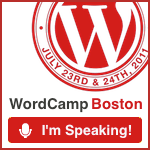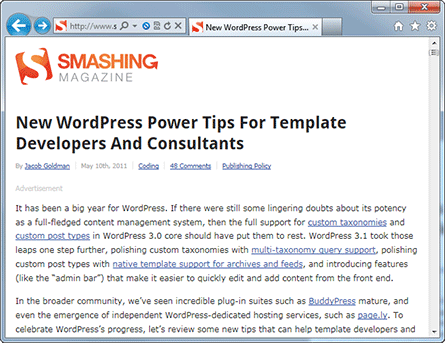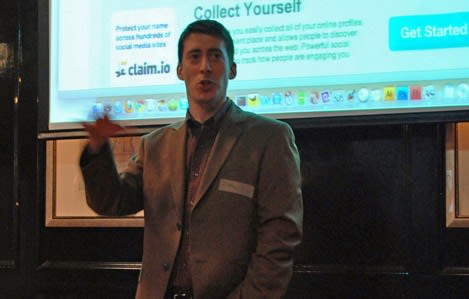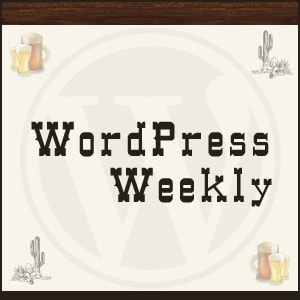Upcoming WordCamp Sessions
 I’m excited to announce that I’ll be speaking again at both WordCamp Boston and WordCamp Chicago in July.
I’m excited to announce that I’ll be speaking again at both WordCamp Boston and WordCamp Chicago in July.
In Boston, I’ll be introducing newer users to approaching WordPress as a full fledged content management system. We’ll explore what a “full fledged CMS” actually means, and how to approach defining your requirements and thinking about your content. We’ll take a look at the administrative section of some complex CMS implementations to show what’s really possible. Then we’ll put ideas and strategy aside and review some configuration options and plug-ins that even the most basic users can latch onto to get started. My session is on Sunday, July 24th at 1:30 pm in the “How To” track. I’ll be attending all weekend, so be sure to find me and say hi!

 Back in June of 2010 I
Back in June of 2010 I  Throughout the month of April, I had the pleasure of co-hosting the
Throughout the month of April, I had the pleasure of co-hosting the 
